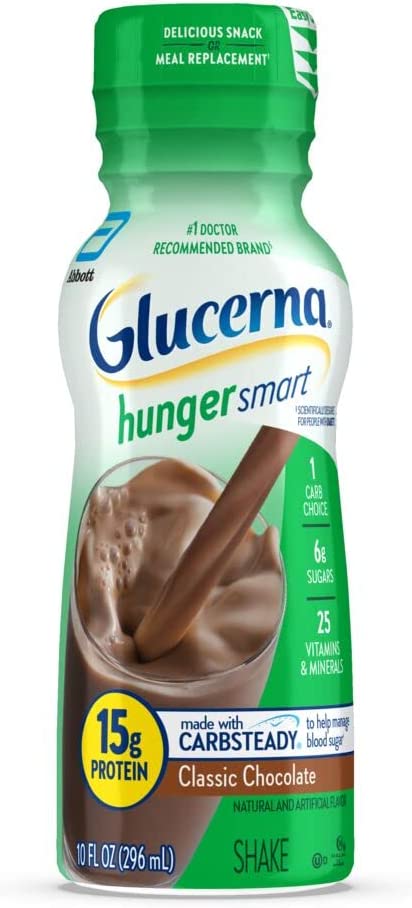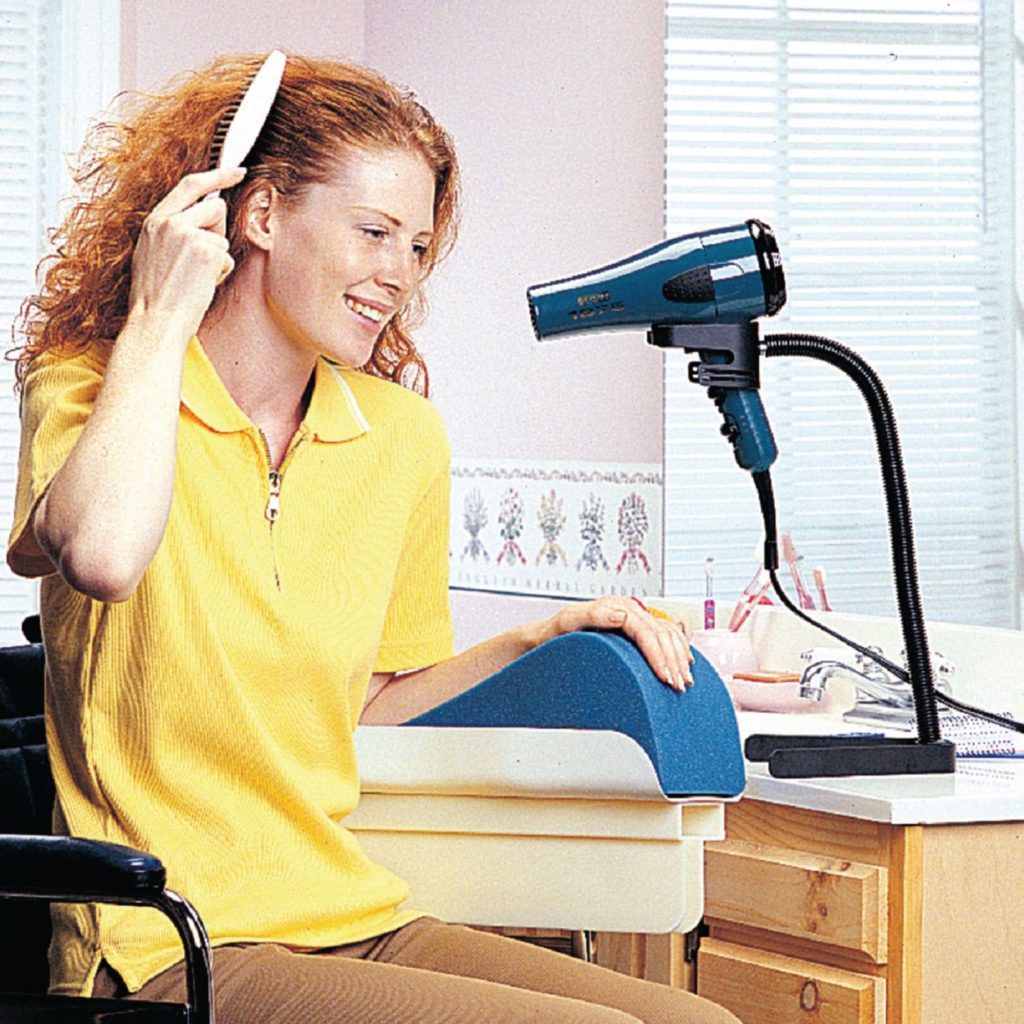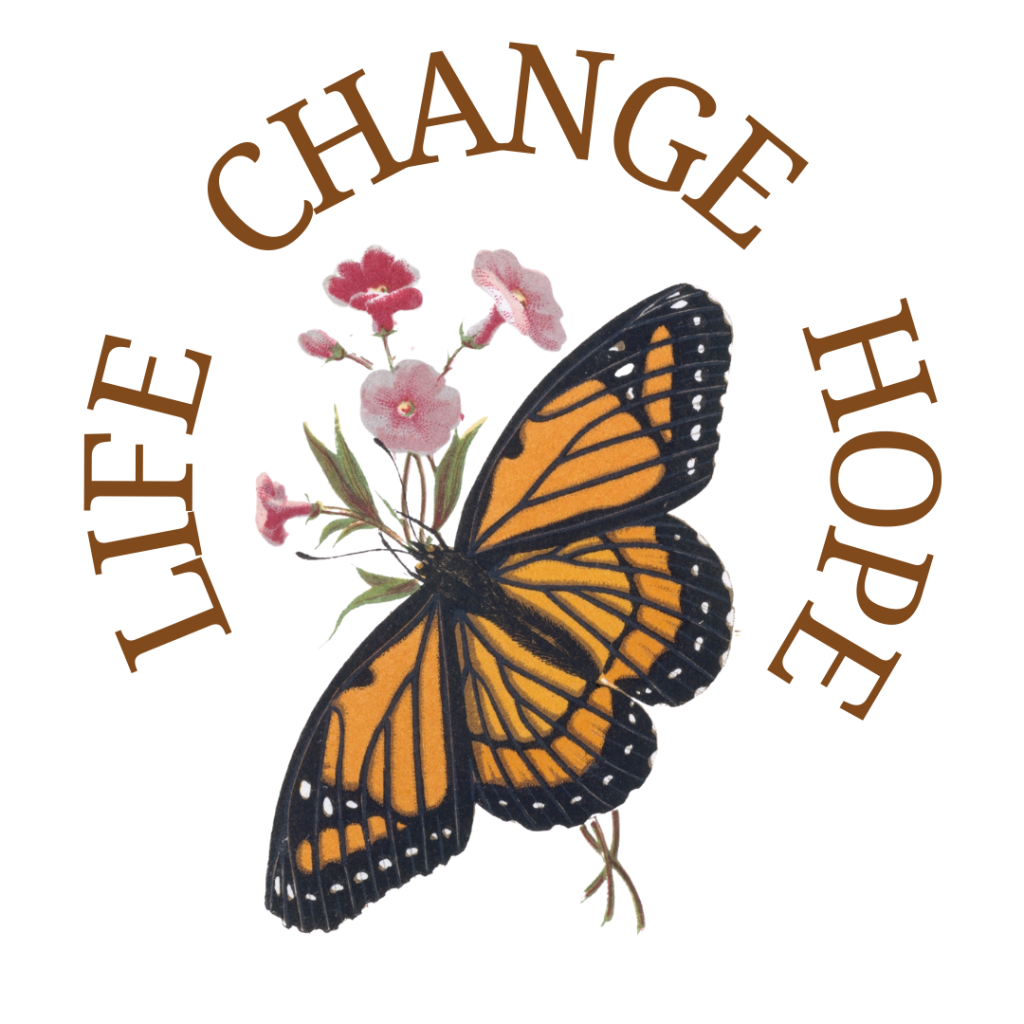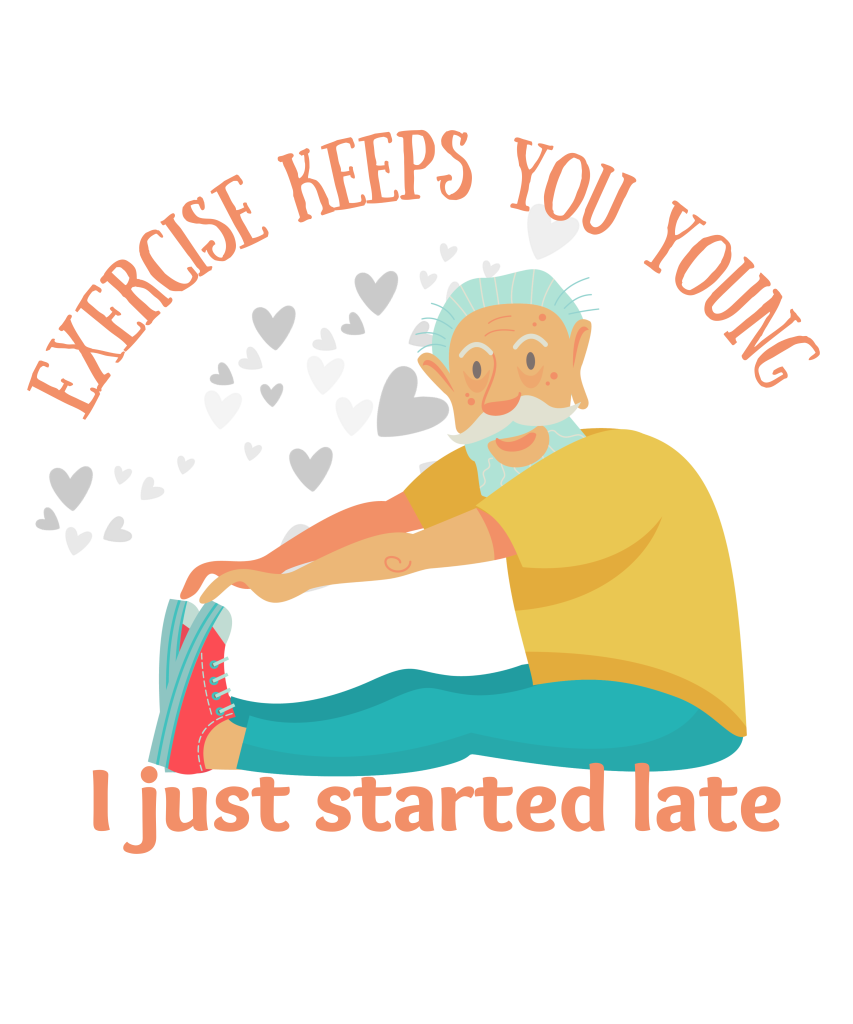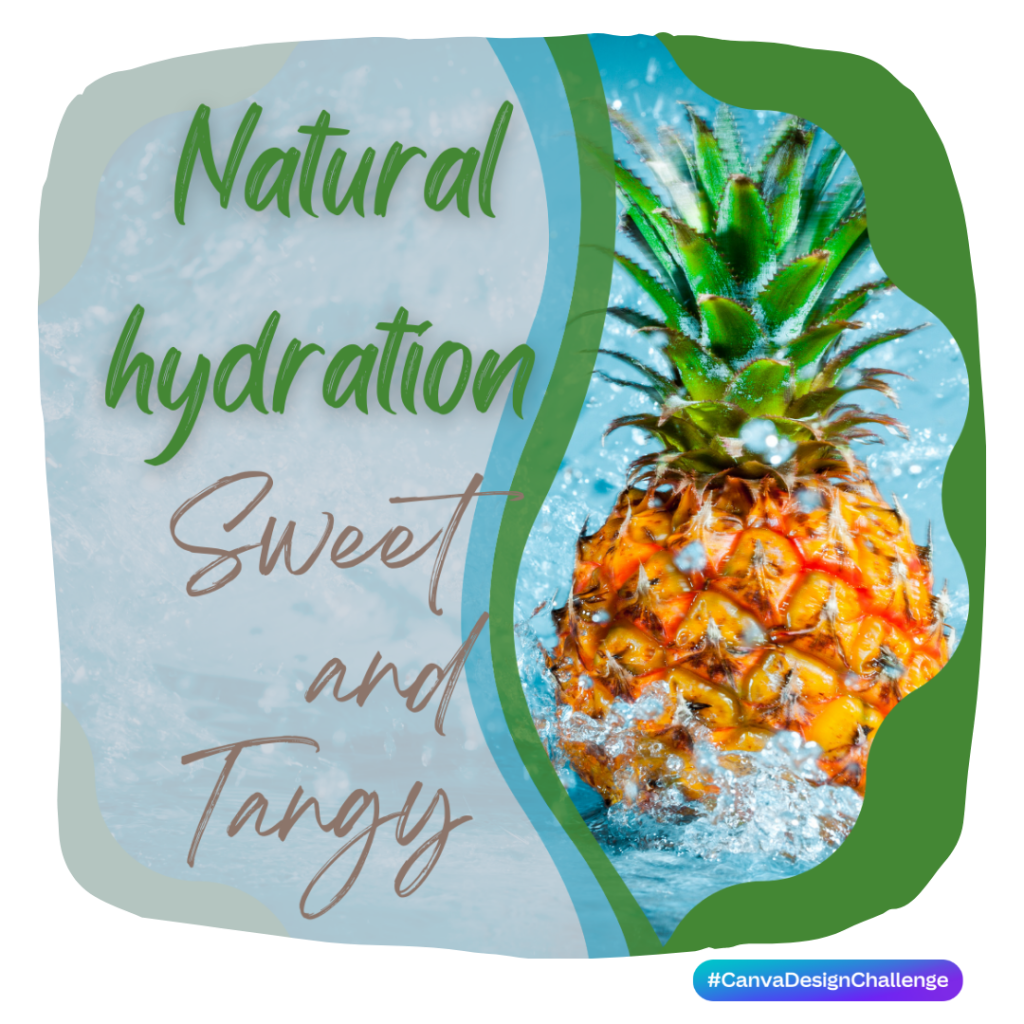Nutrition for Aging Parents: How do I feed Mom and Dad Correctly?
Nutrition for your aging parent: See links below to delicious nutritional support!
Introduction
As a responsible party, you want to make sure your elderly loved one is receiving proper nutrition. Unfortunately, as we age, our bodies need more nutrients than they did when we were younger. This is especially true for elderly people who live alone and have less access to food or who may have trouble getting up and down from the table during mealtime. Knowing what signs of malnutrition to look for and what causes it can help you determine if your parent needs assistance with his diet or if he simply needs some extra encouragement about eating well.
Signs of Malnutrition in the Elderly
Signs of malnutrition in the elderly include:
- Changes in weight. This can be difficult to measure accurately, as it’s not always easy to tell if a healthy person has lost or gained weight. However, you should take note if your loved one is consistently losing or gaining weight at an unusual rate.
- Changes in eating habits. If your parent stops eating regular meals, only picks at food when you’re around them, or stops eating altogether for no apparent reason—all of which are signs that something may be wrong with their health—you should be concerned about malnutrition and ask someone knowledgeable about nutrition to help out with this problem as soon as possible.
- Changes in activity level. If it seems like your loved one isn’t getting enough exercise anymore and spends most of their time sitting down doing nothing productive (or even watching television), then this could also indicate that they’re suffering from malnutrition due to lack of appetite or inability/inability motivation due to underlying conditions such as depression or dementia.*
Causes of Malnutrition in the Elderly
Your elderly parent’s risk of malnutrition increases as they age. The following are some of the most common causes of malnutrition in the elderly:
- Inability to eat or swallow — This is a serious condition that can be caused by medical conditions like stroke, dementia and Parkinson’s disease. Your loved one may have trouble chewing food properly if they have lost their teeth or are having issues with biting and chewing due to dental problems (such as periodontal disease). They could also have trouble swallowing for another reason, such as sensory loss from Alzheimer’s disease.
- Food consistency — If your parent struggles with eating solid foods because they don’t like how it feels in their mouth (for example, if it is too hard), this can impair their ability to get proper nutrition from their meals. They may also find soft foods more difficult to chew than tough foods when they’re older because their teeth aren’t as strong anymore—this makes it harder for them to break down food into small pieces so that it can be digested easily.
It’s easy for older adults who don’t notice much change going on around them (because they already live in a world where everything around them has changed) not realizing just how much time has passed since they last ate anything substantial or changed out of those same clothes before heading out the door again today . . . remember: It’s never too late!
Nutritional Changes the Body Goes Through as it Ages
The body of an older adult changes in many ways. But regardless of how your parent’s body has changed, there are still some basic nutritional needs that must be met for their body to function properly. These include:
- Calories and protein—the minimum amount a person should need each day is based on age and sex;
- Vitamins and minerals—the body needs these nutrients to keep cells healthy;
- Fiber—this is important for digestion, bowel movements, and cholesterol levels; and
- Water—your parents need to drink plenty of water every day (about 8 cups) in order to maintain their health.
How to Tell if an Elderly Person is Malnourished
- Weight loss and muscle wasting
- Changes in skin color, texture and moisture
- Changes in nails (thickness, length, shape)
- Hair color or texture changes
- Hair loss (head and/or body)
Solutions for Malnutrition in the Elderly
- Get the right nutrients in the right amounts. Make sure that your parent is getting enough calories, protein, vitamins and minerals. To do that, you’ll need to ensure that they’re eating a balanced diet.
- Ensure your parent eats regularly. Your elderly loved one should be eating three meals per day as well as two snacks at least three hours apart. This will help them maintain their strength while also giving them energy throughout the day—which will help keep them from feeling tired or weak during physical activity like walking around outside or playing games with grandkids!
Ensuring Your Parent Gets Proper Nutrition
If your parent is having trouble eating or swallowing, it’s essential that you help them select foods that are easy to chew and swallow.
- Avoid foods that could cause choking like hard candy, popcorn, raw carrots or celery sticks.
- Choose soft foods such as yogurt and cottage cheese instead of eggs and hard-boiled eggs. But don’t give up on eggs just yet; scrambled eggs can be easier to eat than hard-boiled ones because they’re softer.
- Offer your parent a variety of nutritious foods everyday so they don’t get tired of what they eat all the time (and so you don’t have to make multiple meals every day).
- Ensure that adequate calories are being consumed daily—approximately 1,800 for women and 2,000 for men—to prevent weight loss from occurring due to decreased appetite from aging alone (although this may not be an issue if you’ve been providing plenty of nourishing sustenance!).
An elderly person’s body requires more nutrients than when he was younger. Know how to help your parent get enough nutrition.
Elderly individuals often have many dietary restrictions, which can make it difficult to obtain the proper nutrition. As we age, our bodies need more nutrients than when we were younger. In order to help your parent get enough nutrition, you should consider making several changes to his diet.
First of all, be aware that elderly people tend to eat less food than younger adults do. This can lead to weight loss and nutrient deficiencies if left untreated. It’s important for elderly individuals to increase their consumption at meals in order to maintain a healthy body weight and reduce the risk of deficiency diseases such as osteoporosis or osteoarthritis (both common conditions among older adults).
In addition to increasing intake at meals and snacks throughout the day, it is helpful for seniors with dementia or Alzheimer’s disease who may have trouble eating due difficulty swallowing or chewing properly due throat constriction caused by muscle mass loss/atrophy over time that causes difficulty swallowing foods without choking on them while trying harder but not necessarily succeeding because they don’t know how much force needs applied so there ends up being too much pressure applied causing food pieces stuck between teeth which cause pain when chewing becomes harder due lack of saliva production due age
Conclusion
If you notice that a parent is malnourished, it’s important to get them the help they need. The best way to do this is by taking a proactive approach and starting before any problems arise. By making sure your parent maintains a healthy diet and exercise routine, you can prevent malnutrition in elderly people from developing into something much worse (like an illness).
Here are some of the meal replacement and nutritional support foods that are tasty and provide nourishment to your loved one. There are choices for gluten free, reduced sugar, vegan, and even pudding!
Check out the affiliate links below.
Mom loves anything chocolate! Enjoy Life https://amzn.to/3EGoxDC has lactose free chips for making anything vanilla chocolate if needed.
https://amzn.to/3gFfaw1 Mom’s Favorite! She is gluten free, soy free, lactose free and nut free.
https://amzn.to/3VsZ1si Ensure Original
https://amzn.to/3F3emdN Boost Breeze Berry
https://amzn.to/3F8qBpA Ensure Enlive Vanilla
https://amzn.to/3XAvoXV Glucerna Hunger Smart, Chocolate
https://amzn.to/3Vxrw8k Kate Farms Vegan based Renal support vanilla
https://amzn.to/3u4miVL Ensure LIght, less sugar
https://amzn.to/3VurcqF Ensure Pudding, gluten free, contains milk
